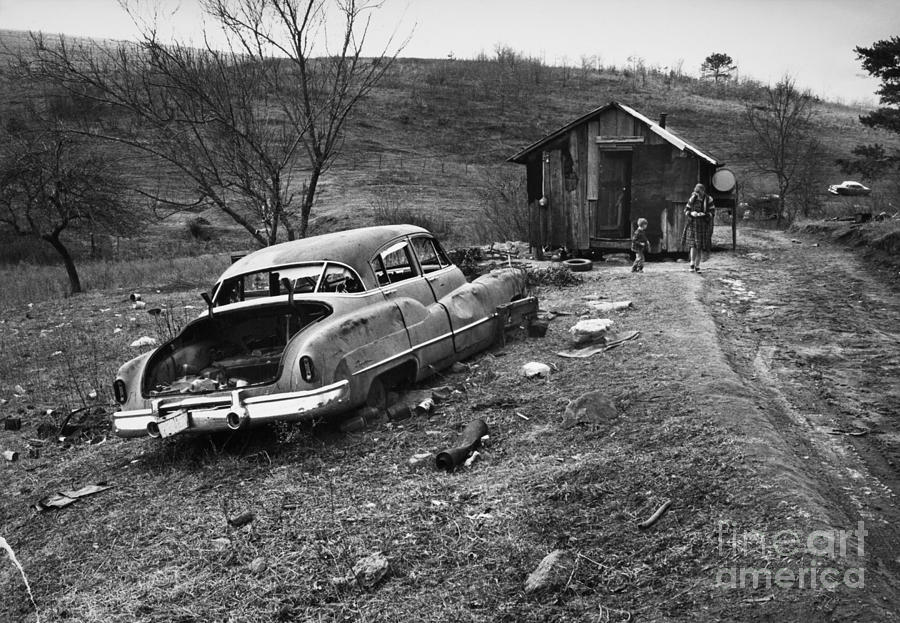The Beautiful Lie is a modern adaptation of Tolstoy’s classic novel, Anna Karenina. In it, Corser plays Xander, an ex-tennis champ and high achiever, and cuckolded husband of Anna. He says the source material, written nearly 150-years-ago, has all the elements of a modern day soap opera.
More bluntly, a commenter on the TVTonight blog said "So it’s a soap opera then? Let me guess, it’s got lots of shaggin’ and swearin’ and snortin’?".

Image from here
This lead me to wondering if some of the tales embedded in our Great Literature are now so unremarkable that the books themselves have become redundant. I remember, for instance, Clive James' summary of Madam Bovary -
Young Charles Bovary clumps into school to be laughed at by the other kids for his awkwardness. In no time he is a medical student, and then a doctor. The beautiful Emma Rouault is his second wife. He wins the right to her hand after setting her father's broken leg. It's a simple job but it gets him a reputation for competence. Fatally, he believes this too. Stuck with him in the depths of nowhere, Emma gradually realizes that she has married a chump. Longing for excitement and a classier way of life, she falls for a charming poseur called Leon. Their incipient affair is a standoff. But with an upmarket louse called Rodolphe she finds sexual fulfillment and plans a future. Sharing no such plans, Rodolphe dumps her. She collapses. Nursed back to health by the unsuspecting Charles, she hooks up again with Leon. This time it really happens. But the extravagance of her double life, financed by money stolen from Charles, gets her into ruinous debt. The loan shark closes in, Leon backs out, and Emma has only one way to go. On a shelf in the pharmacist's shop nearby is a bottle of … but I won't say how it comes out, because some of you might not yet have read the book.
As at 2015, a tale of marital unhappiness, serial infidelity, debt and attempted suicide sounds like a particularly intense couple of episodes of Home & Away. Or Sex and the City. Or any given morning at the Dandenong Family Court. I had the same experience with The Grapes of Wrath in the last few weeks. After the first fifty pages or so I'd read enough to appreciate Steinbeck's immense skill as a writer. But I'd also decided that after 20 years of close exposure to urban and rural poverty there was very little else I'd get from this book and went back to reading the CFA/SES Road Rescue Learning Manual. More seriously, I wasn't sure that anyone else would get anything from it that they might not have already learned from hearing John Mellencamp's 'Rain on the Scarecrow'.
This leads to my question: what books have now passed their use-by date? Are there even some which (à la Mein Kampf) have a malign influence and need to be suppressed? And what should be done with them? Is it enough for them to be left out of publication? Would there be merit in the government or private sector buying them for cash and putting them to other uses (ad hoc sandbags, for example, or fuel)? And which ones should care be taken to preserve in museums or storages?
Is it time to let a thousand flowers wither?

No comments:
Post a Comment